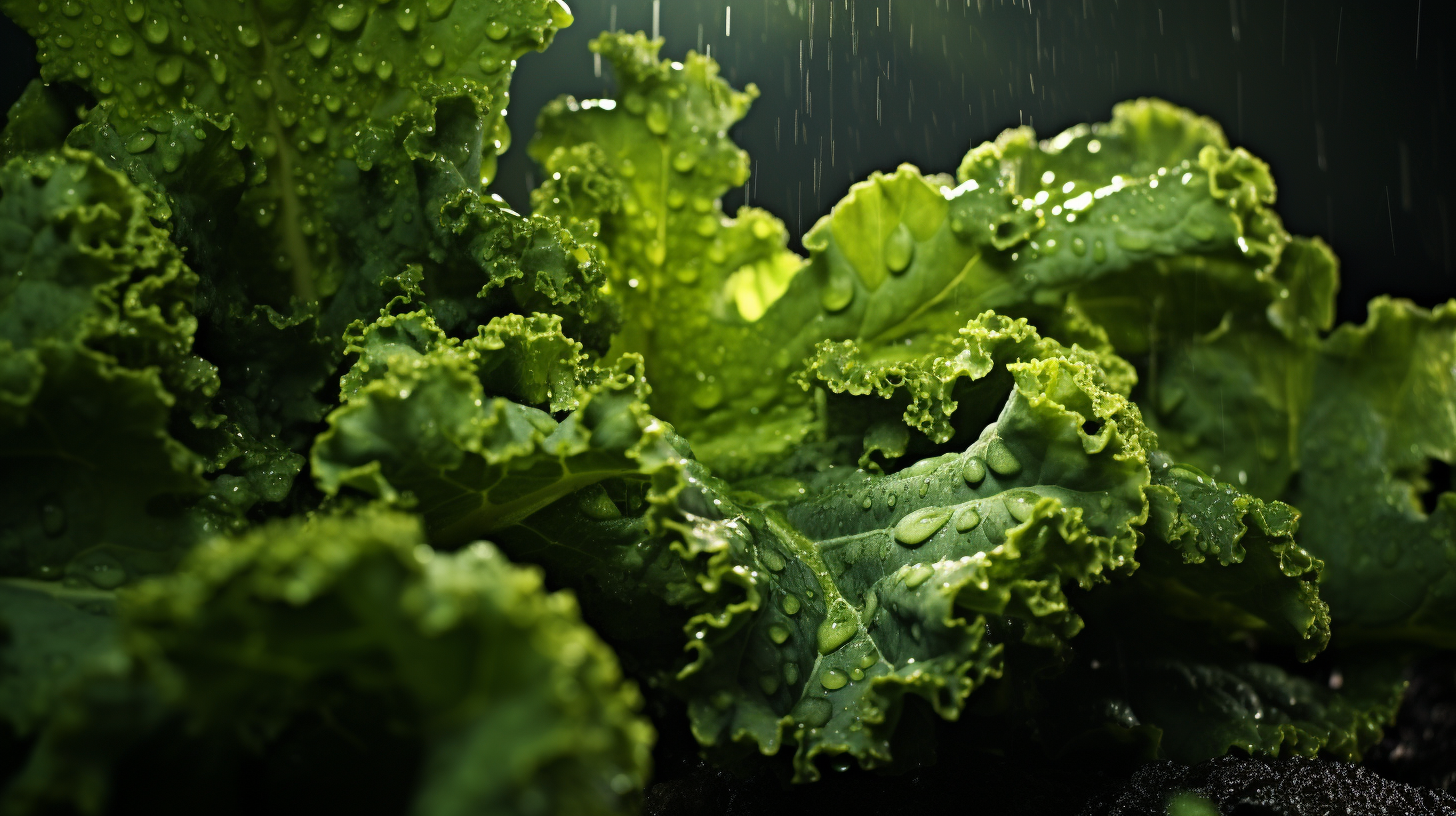In the realm of health foods, kale has long been celebrated as a superfood, packed with nutrients and antioxidants. Its popularity has soared among those seeking a healthier lifestyle, with many opting for organic varieties in the belief that they are free from harmful chemicals. However, recent findings have shed light on a rather unexpected truth about organic kale and its relationship with pesticides.
Contrary to popular belief, opting for organic kale does not guarantee a pesticide-free experience. Research conducted by the Environmental Working Group (EWG) has revealed that even organic kale can carry traces of pesticides. This revelation comes as a surprise to many health-conscious consumers who have been led to believe that organic produce is synonymous with being completely free of pesticides.
The presence of pesticides in organic kale is attributed to various factors, including environmental contamination and the permitted use of certain organic pesticides. While organic farming practices are designed to minimize the reliance on synthetic chemicals, they do not completely eliminate the possibility of pesticide residues on produce.
This finding underscores the importance of thorough washing and preparation of all produce, organic or otherwise, to reduce the potential intake of unwanted chemicals. It also highlights the complexity of agricultural practices and the challenges in achieving completely pesticide-free farming.
For consumers, this information serves as a reminder to make informed choices about their food sources and to consider a variety of factors when selecting produce for their families. While organic kale remains a nutritious option, it’s clear that the organic label alone is not a bulletproof guarantee against the presence of pesticides.



